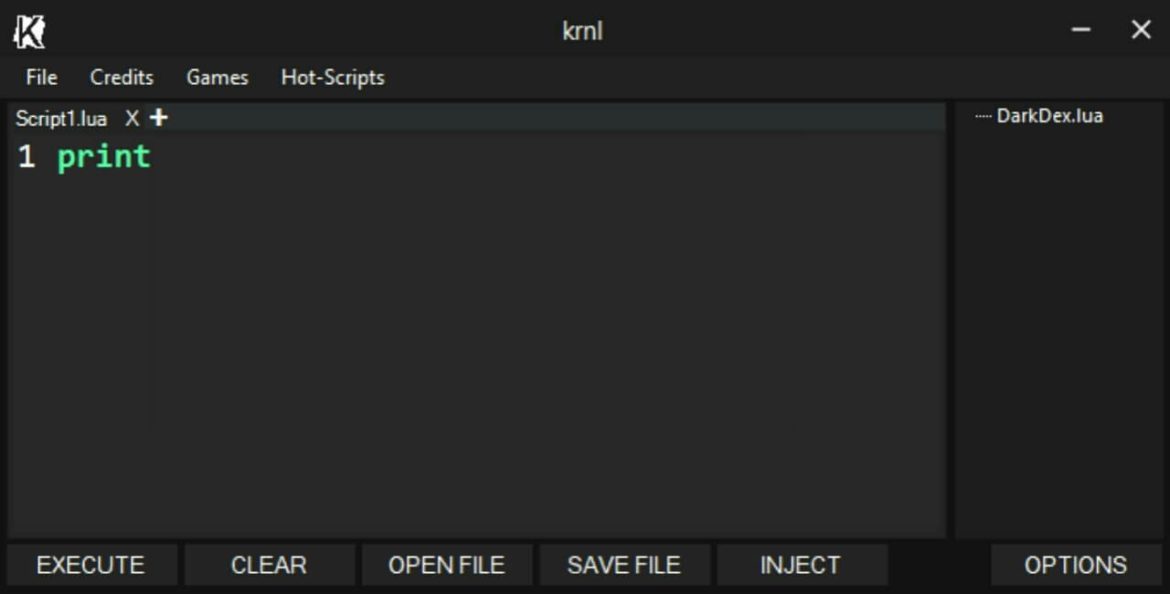
Please note before commenting: it was free! Only because the succes, we made it paid. Only new players who want to install it, have to pay the 100R$. Script Loader is 100R$, everyone who got it free, can keep it. Please note that this update was a bit lite because Script Loader recently already got an update.


Why should I use Script Loader and not just the toolbox? Well, Script Loader has no virusses and is just an plugin what making games make it easier, since you just press 1 button and it is inserted. It works on the exploits that are shown below. It is made to be executed on Roblox exploits. It's an easier way for you to reuse the data in other scripts, and you can store tables and functions.Welcome to Script Loader, what does this plugin do? Well good question! This plugin has pre-built scripts you can just load into your game, let’s say you want an lavablock with script, just press 1 button and it inserts, it is just that easy. Owl Hub is a free Roblox script hub developed by Google Chrome and CriShoux. Object or reuse the same data for different objects, store the data in If you want to modify the same data for multiple copies of the same They also don't store tables or functions. However, both approaches are troublesome if you want to add or modify dozens of objects or data values. To associate data with individual objects, you can assign attributes to them or create Configuration folders with value objects such as StringValue or IntValue. By incorporating these patterns into your development, you can avoid common pitfalls as your Roblox experience grows in size and complexity.

Module scripts have some common patterns that you can use to simplify your code and provide more flexibility over the features Roblox Studio provides. If you require() a ModuleScript from both sides of the client-server-boundary, such as in a Script and a LocalScript, then the ModuleScript returns a unique reference for each side.

The module itself doesn't run multiple times. Calling require() again returns the exact same reference, meaning that if you modify a returned table or Instance, subsequent require() calls return that modified reference. When you call require() on a ModuleScript, it runs once and returns a single item as a reference. Local PickupManager = require (ReplicatedStorage:WaitForChild( "PickupManager" ))


 0 kommentar(er)
0 kommentar(er)
